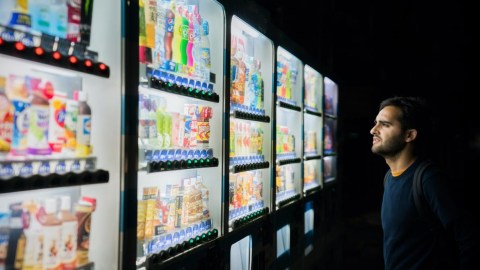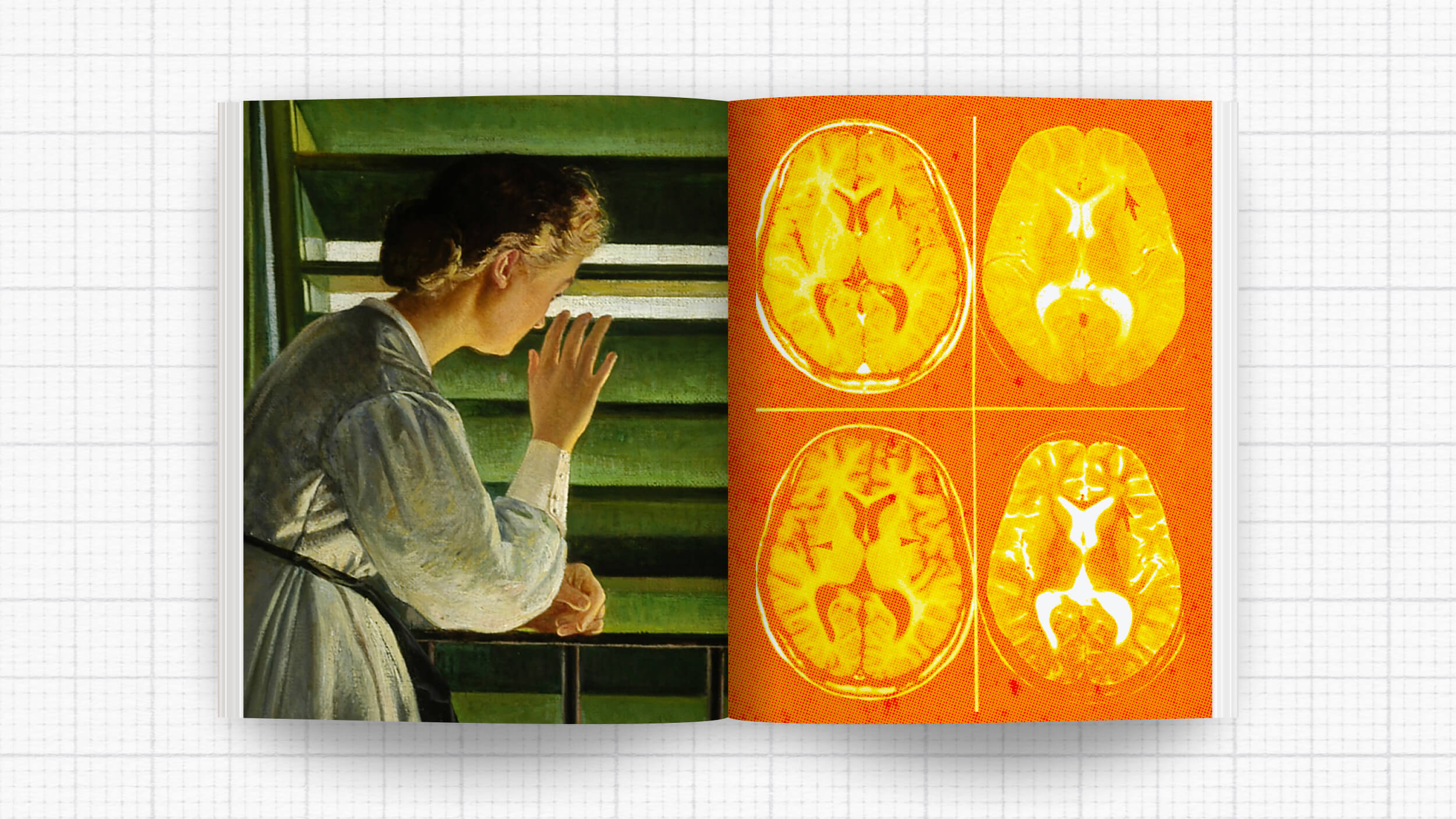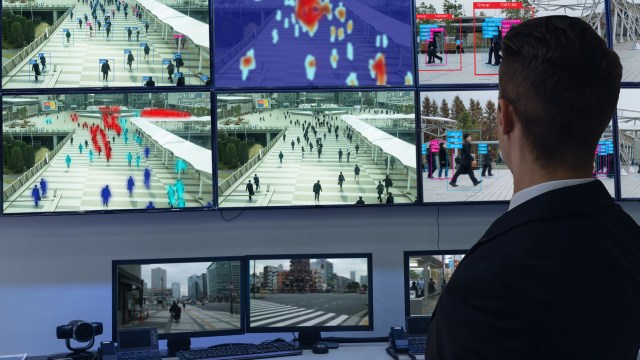How confident are you in making decisions?

Credit: Victoriano Izquierdo on Unsplash
- Researchers at the University Hospital Bonn linked confidence in decision-making to neurons in the medial temporal lobe.
- Learned memories appear to instill confidence in many of the decisions you make.
- The team believes identifying these individual neurons opens up new areas of research moving forward.
Earlier this week, we discussed the role the cerebellum plays in split-second decision-making. Researchers at the University of Colorado discovered that this brain region, which has previously been implicated in the coordination of voluntary movements as well as motor functions like balance, posture, and coordination, also plays an important role in quick thinking.
The brain is complex. While certain regions are responsible for particular actions, it’s a network rather than a series of standalone segments that coordinate on occasion. Researchers at the University Hospital Bonn have now added another piece to the cognitive jigsaw of decision-making: a network of 830 nerve cells in the medial temporal lobe (MTL).
Their study, published in the journal, Current Biology, looked at confidence levels when deciding between choices. During the course of a normal day, there are some decisions that we’re super confident in, sometimes to the point where it appears to be the only course of action. Other decisions are no so clear-cut.
The team wanted to identify the neural regions responsible for this confidence interval. They showed a group of a dozen men and women photos of different snacks, such as a bag of potato chips and a chocolate bar. They asked each volunteer to indicate what snack they’d rather eat. Confidence was measured by how far they moved the slider over their chosen snack.
This study didn’t just involve two snacks, mind you. In total, each participant looked at 190 pairs. While they were busy sliding, the researchers recorded activity in the temporal lobe. Alexander Unruh-Pinheiro, in the Department of Epileptology, explains what they saw.
“We discovered that the frequency of the electrical pulses in some neurons, in other words their ‘firing rate’, changed with increasing decision confidence. For instance, some fired more frequently, the more confident the respective test person was in their decision.”
This is the biggest decision-making mistake | Barnaby Marsh | Big Thinkwww.youtube.com
The team claims this is the first time decision confidence has been measured in such a manner. Professor Florian Mormann notes that these neurons also play a role in memory formation and retention. He speculates that these processes are linked: you file confidence during memory consolidation, which then influences similar future decisions.
While the investigation of individual neurons in living humans is often considered ethically dubious—similar research was previously conducted on primates—the 12 participants in this study all suffered from severe epilepsy. Since this disease originates in the same brain region, the team was able to safely pinpoint the exact location of the MTL.
In the study discussed earlier this week, the cerebellum is close to the brainstem, where quick decisions can mean the difference between life and death. This research in Bonn focused on the amygdala, the brain’s threat-detection mechanism, and the hippocampi, the seat of memory consolidation. Piecing these studies together makes for a compelling narrative, detailing a neurological basis for learned memories and decision-making processes.
Mormann says his team was surprised by the results. Evidence that subjective value to alternatives—in this case, chocolate instead of chips—is reflected in individual neurons opens up new areas of research moving forward.
—
Stay in touch with Derek on Twitter and Facebook. His new book is “Hero’s Dose: The Case For Psychedelics in Ritual and Therapy.”





